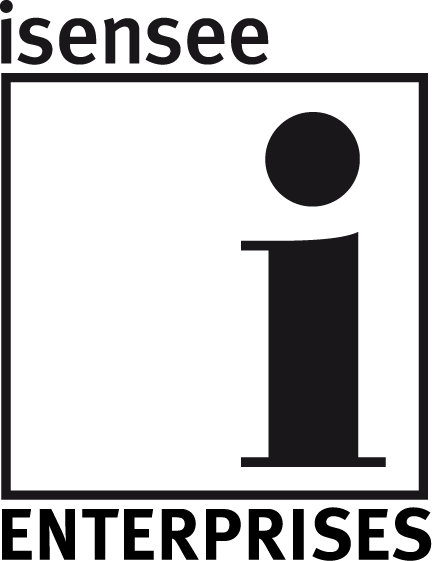VAT
VAT registrations in Germany and EU member states:
• VAT registrations in Germany and EU member states, swift and reliable
• VAT compliance in Germany; filing of monthly, quarterly and annual VAT returns
German VAT refund service for non-registered companies:
• Application for German VAT refund for non-registered companies
• Correction of VAT invoices in order to qualify for German VAT refund application
German VAT advisory services:
• Tax assessment of individual case situations in deliveries and services both from and to Germany
• Optimal construction of VAT service relationships in Germany
• Optimization of input VAT on certain sales in Germany
• Support during special VAT audits carried out by the German fiscal authorities
• Out-of-court and court appeal proceedings in Germany
General information about German VAT:
The value added tax in Germany is levied on the production of goods and services in the country. All business entities are subject to the payment of tax on performing production processes in Germany. The current rate of VAT in Germany is 19%. In Germany, a reduced tax of 7% is collected from the sale of particular items such as foods, magazines and books. The rate of VAT is set according to the parameters of the European Union Value Added Tax system. The value added tax in Germany effectively earns high revenue for the country in the form of income through taxation.
VAT is generally known as Umsatzsteuer in Germany. Formerly, the value added tax was referred to as the Mehrwertsteuer. This term is still prevalent in some parts of the country.
Procedure of Taxation in Germany
The business entities in Germany add VAT prior to the pricing of the product and services. The gross price of goods in Germany includes the 19% VAT charges. The business enterprises submit the reports of taxation monthly and are required to pay the taxes on a monthly, quarterly or yearly basis. The reports also comprise of computation of tax for the ensuing quarter. The period of tax payments is dependent on the annual turnover of the company. The amount for tax is paid in advance to the tax office. Most of the large scale producers are required to submit their advance on a monthly basis.
Returns on VAT in Germany
The value added taxes payable by the business entities in Germany include the taxes paid by the companies on purchase of goods and services. This is balanced through returns on VAT. This is known as input VAT or Vorsteuerabzug in Germany. In most occasions, the business entities pay more tax than what they receive. In later stages the authorities return the excess tax paid as soon as the computations are complete. This situation is frequent in the start-up phase where the company’s expenditure is more than its income from sale.
Exemptions from the Tax in Germany
Some of the goods and services are exempted from payment of the value added tax in Germany. Some of these are listed below:
– Letting real estate for a long-term period
– Overseas export items
– Honorary or voluntary services
– Services provided by certain professional groups such as doctors
– Cultural services provided by public theatres, museums and zoos to the public
– Institutions providing value added services such as general education or vocational training
– Financial services (e.g. granting loans)
No VAT is charged on intra-community shipments such as a sale of goods to another commercial organization among the members of the European Union. However, the recipient entrepreneur is subject to acquisition tax that is payable to the authorities. This is similar to the input VAT and is refundable.
Provisions for small and medium sized companies in Germany
Some of the small undertakings expecting an annual business turnover less than EUR 50,000 in the current year or with less than EUR 17,500 turnover in the previous financial year are exempted from the payment of value added tax in Germany. However, these small enterprises are not allowed to deduct the input tax through billing.
The small and medium sized companies in Germany can also opt for actual receipts taxation or Istbesteuerung. This allows the companies to pay after they receive their payments. This method is preferred by the small companies to the imputed tax payments which may cause cash flow problems. The ceiling for actual receipts taxation is EUR 500,000.


